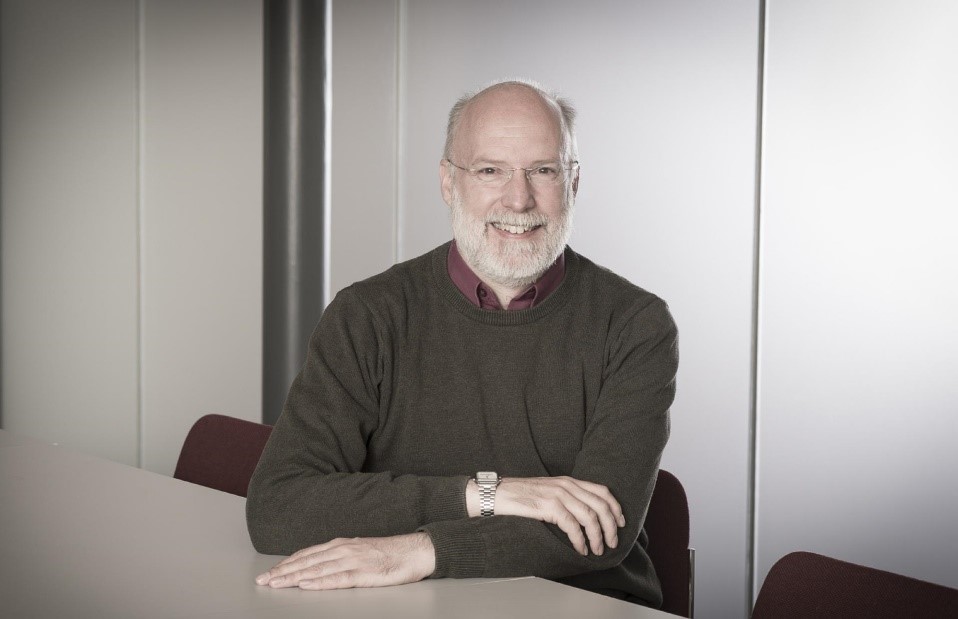Organizers:
School of Mathematics, Computer Science and Engineering, City, University of London and the Institute of Physics and Engineering in Medicine (IPEM), UK
Background:
Over the decades the contribution of Science, Technology, Engineering, and Mathematics (STEM), in healthcare has been meteoric. STEM experts in partnership with healthcare professionals have been at the forefront of innovation, contributing significantly in tackling global health challenges. A perfect example of this is the clinical engineering contribution to the NHS during Covid-19. The nature of the contribution of STEM in healthcare is multifaceted. These, amongst many, include contribution to new knowledge relating to disease; innovation of new technologies for the better monitoring and consequently diagnoses and treatment of disease improving patient outcomes; novel and intelligent processes enabling a better and safer running of our National Healthcare System, etc.
The primary motivation of these seminar series is to expose and stimulate our community with some of the most exciting and cutting-edge research and innovation of STEM in healthcare.
The webinar series presented in 2021 will include:
- Webinar 1: Sensor Technologies in Healthcare – 18th March 2021
- Webinar 2: Cyber Security in Healthcare – 17th June 2021
- Webinar 3: Artificial intelligence in Healthcare – 16th September 2021
- Webinar 4: Technology challenges in Healthcare – 11th November 2021
Programme
11:00 – 11:02 Introduction and Opening Remarks (Chair)
11:02 – 11:25 Phil Booth, “The present and future of health data and cyber security”
11:25 – 11:45 Professor Burkhard Schafer, “Data ethics in times of crisis; Ethics around data donation to fight Covid-19”
11:45 – 12:00 Q & A session (Chair)
Webinar chair: Professor Raj Rajarajan, Director Institute for Cyber Security, City University of London
Presenters
Phil Booth, medConfidential
Phil Booth coordinates medConfidential, which campaigns for confidentiality and consent in health and social care, seeking to ensure that every flow and use of data within and around the NHS and wider care system is consensual, safe and transparent. Founded in early 2013, medConfidential works with patients and medics, service users and care professionals, drawing advice from networks of experts and partnering with related campaigns across the UK and around the world.
Phil previously led NO2ID from 2004-2011, campaigning successfully to defeat the introduction of ID cards and other 'database state' initiatives. His work as an advocate has been recognised by awards from Privacy International (2008) and Liberty (2010). Phil was an honorary research associate of the School of Psychology at the University of Birmingham for many years, and he advises a number of organisations seeking to provide individuals with more meaningful control over their own personal data.
Professor Burkhard Schafer, MA, LLM, FHEA, Professor of Computational Legal Theory
Edinburgh Law School, The University of Edinburgh
I studied Theory of Science, Logic, Theoretical Linguistics, Philosophy and Law at the Universities of Mainz, Munich, Florence and Lancaster. My main field of interest is the interaction between law, science and computer technology from doctrinal, comparative and legal-theoretical perspectives. This research encompasses both the problems that technology and technological change poses to the law – technology law – and the use of technology in the justice system and the legal services industry – legal informatics.
Both perspectives, technology as a subject of regulation and a tool for regulation, are brought together through a theoretical perspective: How can law, understood as a system, communicate with systems external to it? “Computational legal theory”, in the understanding of my chair, tries to give answers to this question, by exploring the scope and also limits of computational representations of legal thought, and also by an analysis of how technology changes the way law thinks about such issues as responsibility, liability, harm and ultimately personhood and what it means to be human, and living life lawfully.
I'm co-founder and currently Director of the SCRIPT Centre for IT and IP law, where our work covers all aspects of technology regulation, from IP law to data protection to e-commerce to e-forensics. Since its inception, the hope for SCRIPT was to break down disciplinary silos, develop a holistic approach to technology regulation that crosses the lines between legal subdisciplines, and trains lawyers that are technology literate, and technologists with sound understanding of law and ethics. Most recently, this lead to my involvement as Co-I with Creative Informatics, the large R&D project for the Creative Industries.
As a co-founder and co-director of the Joseph Bell Centre for Legal Reasoning and Forensic Statistics, I also work on questions of legal technology and its role in the justice system. Most recently, this meant an interest in computational creativity, emotional AI, and what these concepts mean when applied to law.
I'm involved with a number of organisations that promote the exchange between computer science and law, including the German Association for Informatics, BILETA, and the Evidence and Investigation network of the Scottish Institute for Policing Research. I’m currently member of the expert group of AI4People, chairing their working group on an ethics framework for legal technology, and member of the data ethics group of the Turing Institute. I’m also a member of the legal technologist accreditation panel of the Law Society of Scotland.
Attendance at City events is subject to our terms and conditions.